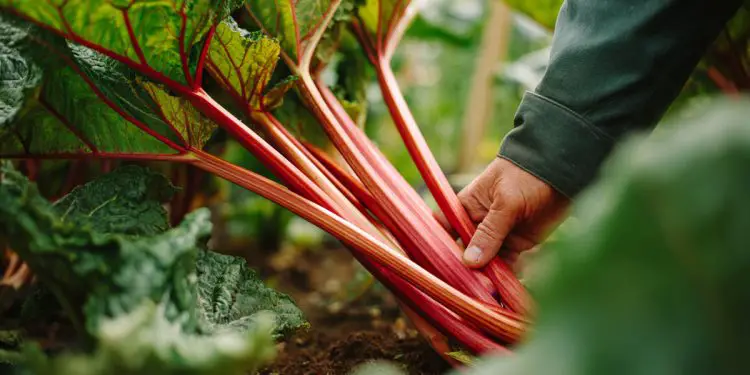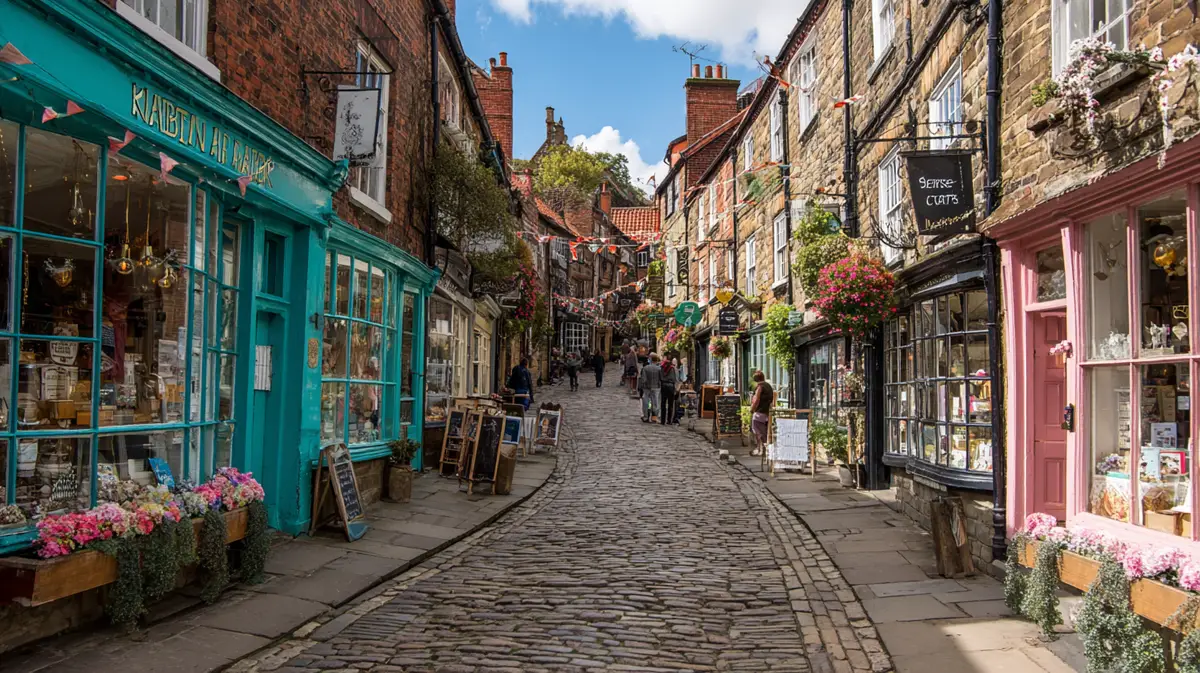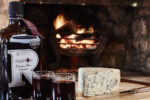Preserving Flavour: How Yorkshire’s Food Traditions Live On

From Wensleydale to wild rhubarb, local food is more than a bite – it’s our story
Across Yorkshire, from the windswept Dales to the industrial towns and coastal villages, food has always been more than fuel. It is comfort, history, identity – and, in this globalised age, heritage that needs preserving. At a time when supermarkets stock produce from every corner of the world, it is reassuring to see how the flavours of Yorkshire are still finding their place in homes, hampers and hearts.
In every cup of carefully blended tea or slab of local cheese, there is a story. A memory. A rootedness. And whether it’s a hamper packed with regional favourites or a trip to a trusted farm shop, Yorkshire’s food traditions are being kept alive by those who value them.
Local Food, Local Identity
Yorkshire’s culinary heritage is as diverse as its landscapes. The foods we grow, bake, bottle and brew reflect not just our tastes but our way of life. Whether it’s the robust tang of a slice of Wensleydale, the comfort of a biscuit made to a century-old recipe or the ritual of a proper brew, these items carry the quiet pride of generations.
Few foods represent this better than Yorkshire Wensleydale cheese, which holds Protected Geographical Indication (PGI) status. This designation means it can only be produced in Wensleydale using traditional methods. Its crumbly texture and slightly sweet, milky flavour make it a staple of Yorkshire cheeseboards, often paired with fruitcake during Christmas – a combination unique to the region.
From the rhubarb fields of the so-called “Rhubarb Triangle” to the bakeries of West Yorkshire, regional flavours don’t just nourish. They tell us who we are.
Hampers as Carriers of Tradition
One of the most enduring (and evolving) ways these foods reach people is through food hampers. Once the staple of Christmas or corporate gifting, hampers have grown into a year-round gesture – a way to say thank you, welcome home or simply “thinking of you.”
Crucially, many local and national food hamper providers go beyond the surface-level selection. They pack their boxes with meaning, favouring local makers and time-tested favourites. Amongst the most recognisable inclusions:
● Taylors of Harrogate: With a history dating back to the 19th century, Taylors blends its teas with an exacting craft, earning a place in countless kitchens.
● Yorkshire Crisps: Made in small batches using locally sourced potatoes, these crisps bring gourmet flair to a familiar snack.
● Grandma Wild’s: A family-run bakery originating in the 1890s, whose biscuits still taste like something passed down through generations.
These aren’t just nostalgic novelties. They are food traditions that continue to evolve while retaining their essence. A hamper filled with such items isn’t just a collection of treats – it’s a snapshot of Yorkshire food culture, thoughtfully wrapped and ready to be shared.
The Role of Local Shops and Makers
Of course, behind every biscuit and bottle is a network of local shops and producers who keep these traditions alive. Independent delis, farm shops and food halls play a vital role not only in selling local goods, but in championing them.
These are places where provenance is understood and explained, where shoppers can find items not because they’re trendy, but because they’ve stood the test of time. They are run by people who know their suppliers, who ask the right questions and who care deeply about preserving quality.
As larger retailers continue to homogenise choice, these independent spaces preserve diversity. They create opportunities for small producers to thrive and they give customers something increasingly rare: food with a story and a soul.
Yorkshire’s Food Heritage: A Feast of Tradition
One of the reasons Yorkshire boasts such a rich food culture is its deep agricultural roots. With rolling farmland, a long-standing dairy industry, and close ties to both arable and livestock farming, the county has always had access to some of the finest raw ingredients in the country.
Traditional Yorkshire foods are shaped by this farming landscape and by the resourcefulness of rural communities. Among the most beloved examples:
● Fruit Neville: A hearty, sweet fruit loaf often made with tea-soaked dried fruit and spices. It’s a staple of northern teatime and an enduring comfort food.
● Pontefract Cakes (liquorice sweets): Originally produced in the West Yorkshire town of Pontefract, these soft black discs were once used for medicinal purposes. Today, they are a unique sweetshop favourite with centuries of history.
● Yorkshire Pudding: A bit obvious but impossible to exclude. Served alongside roast beef or enjoyed as a dish in its own right, Yorkshire pudding reflects the region’s tradition of stretching ingredients to make satisfying, warming meals.
● Parkin: A sticky ginger cake made with oats and treacle, traditionally eaten around Bonfire Night. It is unmistakably northern in its texture and flavour.
● Party Rings: A more modern addition to the Yorkshire baking story, these brightly iced biscuits became a childhood favourite in the late 1980s, with strong roots in the region’s commercial baking heritage.
These foods continue to appear on family tables, in tearooms, and increasingly in food hampers that celebrate local flavour. Their continued popularity is a testament to Yorkshire’s ability to evolve while staying grounded in tradition.
Heritage You Can Taste
In an age of instant everything, Yorkshire’s food traditions offer something different. Something slower, more considered, more human. They remind us that food is not just a product. It is a relationship – between land and maker, between generations and between giver and receiver.
Whether you’re tucking into a piece of Wensleydale, pouring a cup of tea from Harrogate or biting into a biscuit baked to a great-grandmother’s recipe, you’re not just eating. You’re participating in a living tradition.
So the next time you choose a gift, build a hamper or simply do your weekend shop, take a moment to seek out something local. Something with a Yorkshire label and a story to match. Because preserving flavour isn’t just about taste. It’s about pride.










